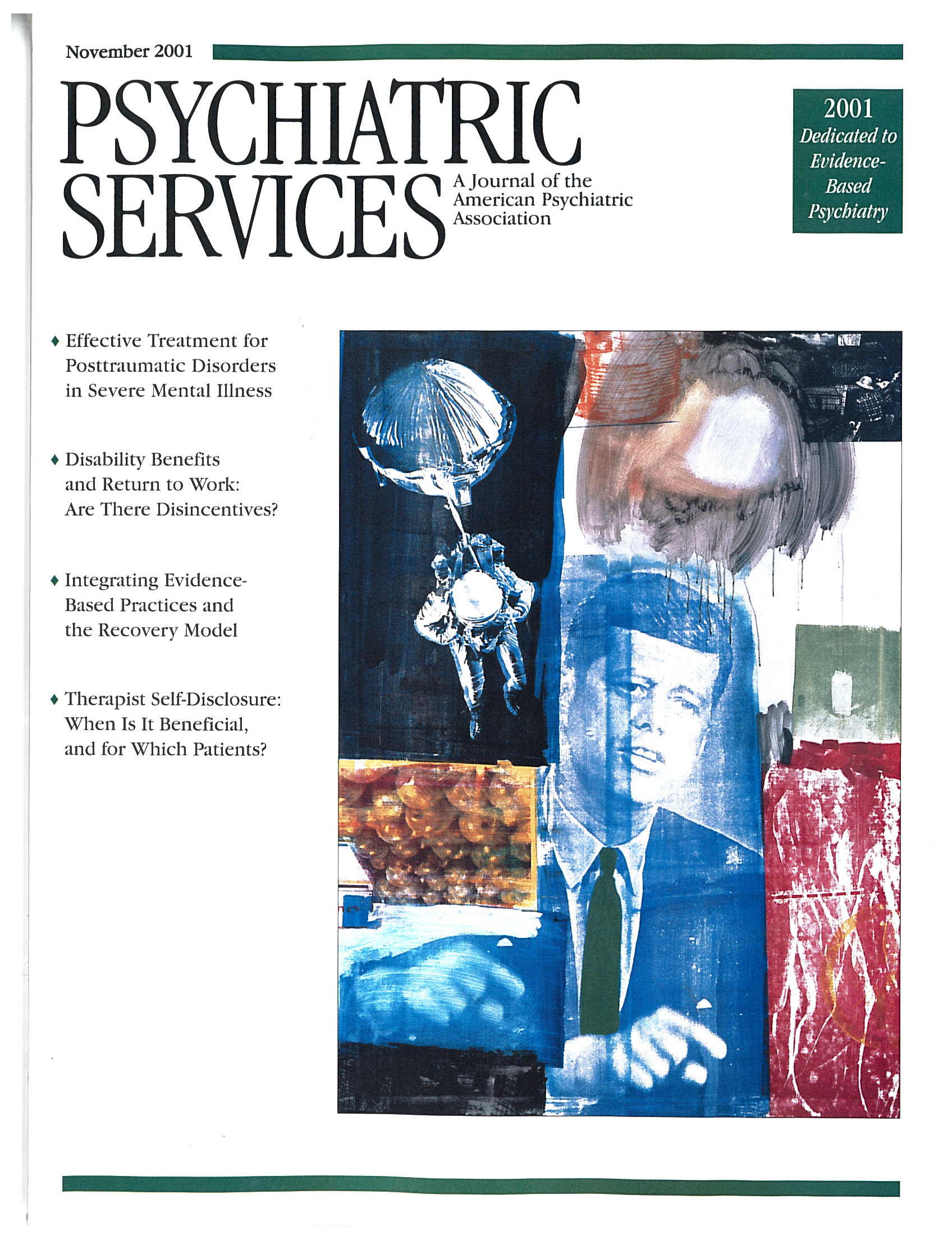Substance Abuse as a Symptom of Childhood Sexual Abuse
Abstract
The recovery process of a 37-year-old woman with adult onset posttraumatic stress disorder (PTSD) is presented. The patient had suffered childhood sexual abuse and had self-medicated for many years with drugs and alcohol to maintain the dissociation of memories of abuse and to facilitate interpersonal functioning. Upon onset of PTSD, the patient's substance abuse became a full-blown addiction that was highly resistant to treatment. It became evident that her substance abuse symbolically repeated her traumatization. In reexperiencing the affects associated with her earlier trauma (despair, denial, shame, and helplessness) as part of her substance abuse and in the transference, the patient was able to gain mastery over these affects and, subsequently, was able to achieve a stable recovery from both illnesses.



